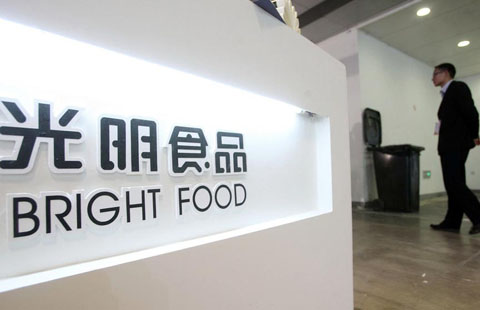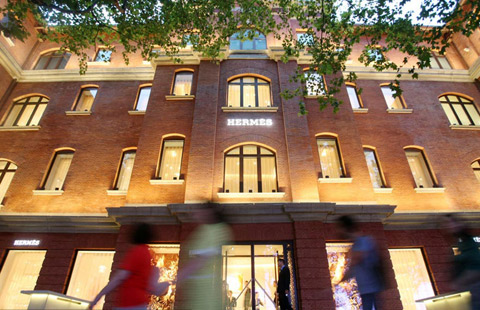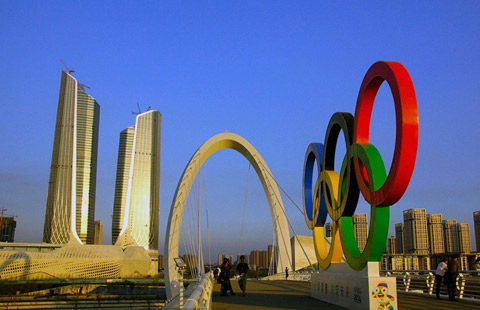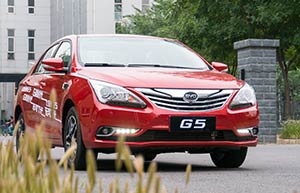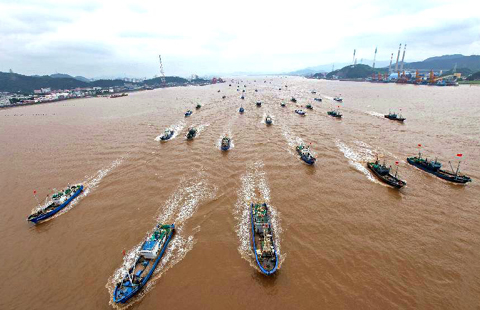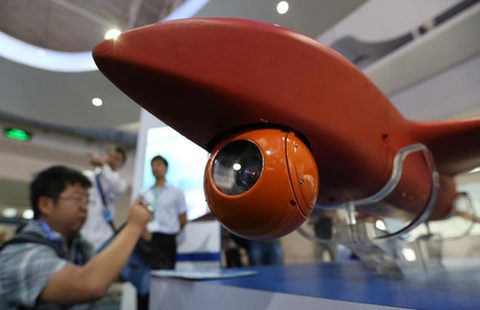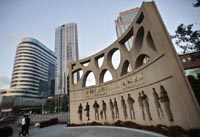Indebted Chinese firms face off with ratings agencies
(Agencies) Updated: 2014-09-19 08:08Fitch downgraded three Chinese non-financial companies in the year to date - Hengdeli Holdings, Parkson Retail Group and Zoomlion Heavy - compared with zero downgrades in China a year earlier.
S&P downgraded 16 Chinese non-financial firms year-to-date, up from 12 a year earlier. Warnings and outlook downgrades to negative increased to 15 instances from 10.
Moody's told Reuters that it could not immediately confirm its ratings actions on such companies or provide more details.
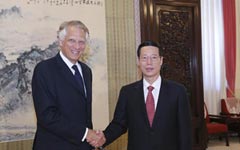 |
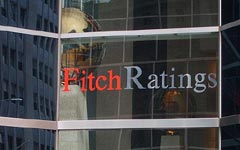
|
Retail, you too
Traditional sectors like retail are facing pressures not only from the economic slowdown but also from the rapid adoption of Internet technology and Beijing's drive against corruption.
"Retail is suffering because of the anti-graft push, the overall weak sentiment and the dominance of online platforms like Taobao and T-Mall," said Kalai Pillay, a Singapore-based analyst with Fitch.
Earlier this year, Fitch cut the rating of China-based department store operator Parkson Retail to BB from BB-plus on account of weaker sales growth and profitability amid a challenging operating environment.
That economic backdrop is unlikely to change in a hurry, and raters expect sustained pressure on credit metrics.
"The leadership is tolerating slower growth for the benefit of rebalancing the economy - short-term pain for long-term benefit," said Hong Kong-based Moody's analyst Clara Lau.
"We expect mildly negative rating pressure to continue for the rest of this year, and it could probably extend to the first half of next year depending on growth targets and policies," she said, referring to selective credit easing by some local governments.
But not all is gloom and doom - some credit ratings are also being raised.
Developer CIFI Holdings was upgraded to BB-minus from B-plus by Fitch after a strong first-half performance, while Moody's raised Yuzhou Property to B1 from B2. The upgrades reflect the varying fortunes in a highly fragmented sector where borrowers have a wide range of financing strategies.
- Chinese construction supply firms to operate in Venezuela
- Shanghai gold import surges
- CCB plans expanding loan plan to two more cities
- Wanxiang to relaunch Fisker Karma car with 2012 design - sources
- China to set up two industrial parks in India
- Sinopec takes over 67.5% stake in Kingdream
- Mobile gadgets play a growing role in business travel market
- Singapore's belief in Tianjin
